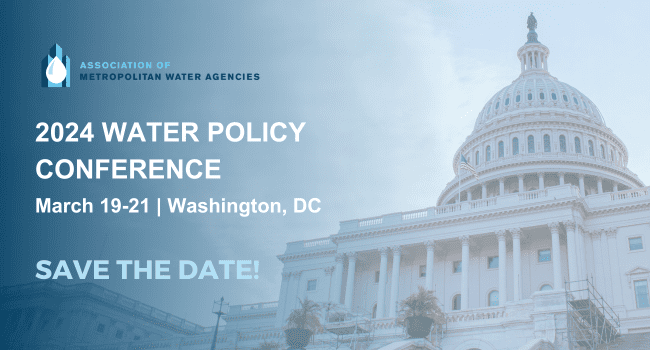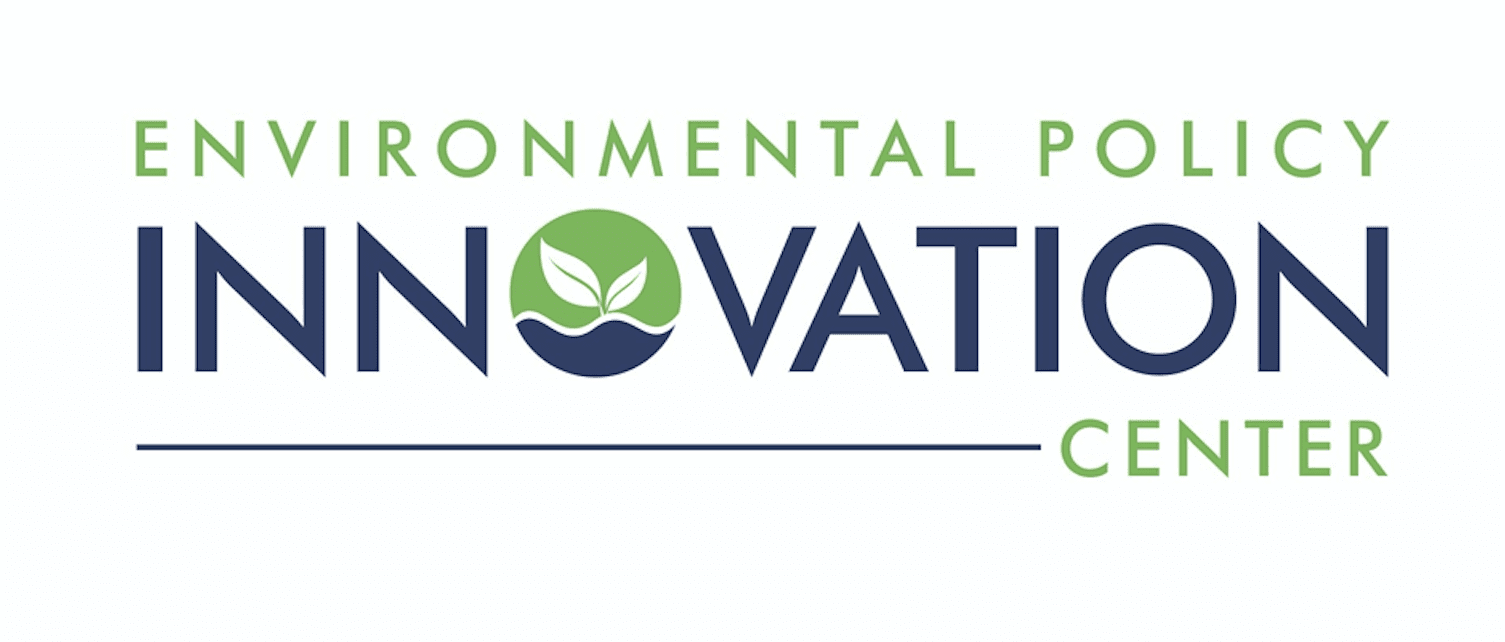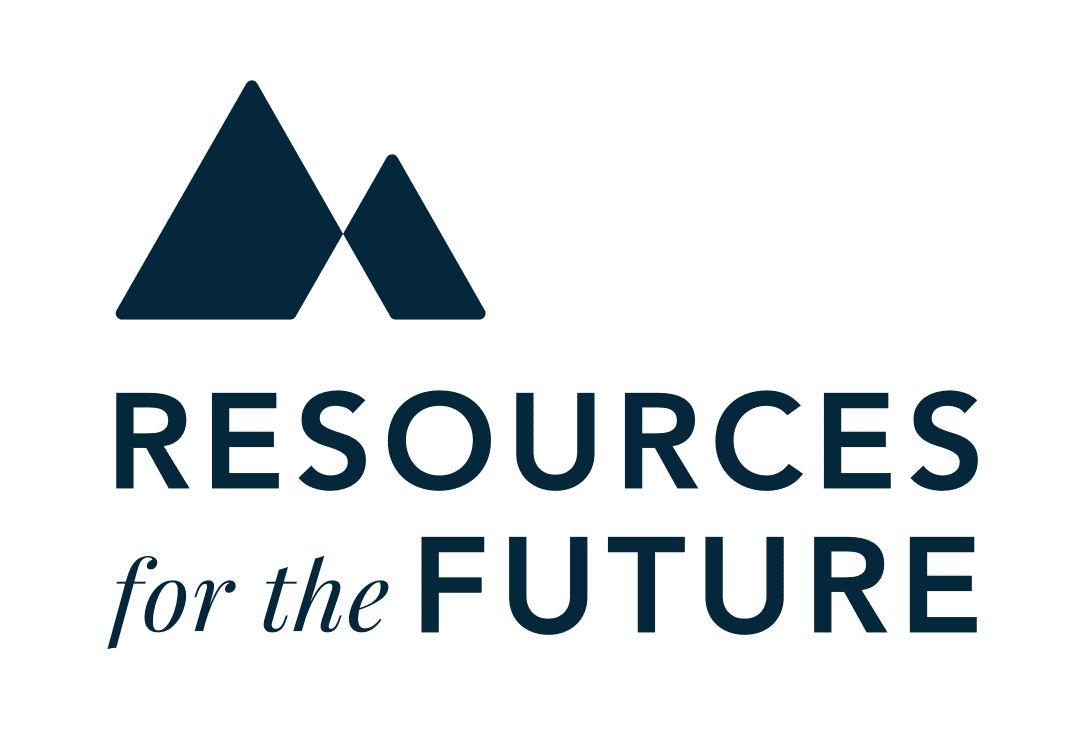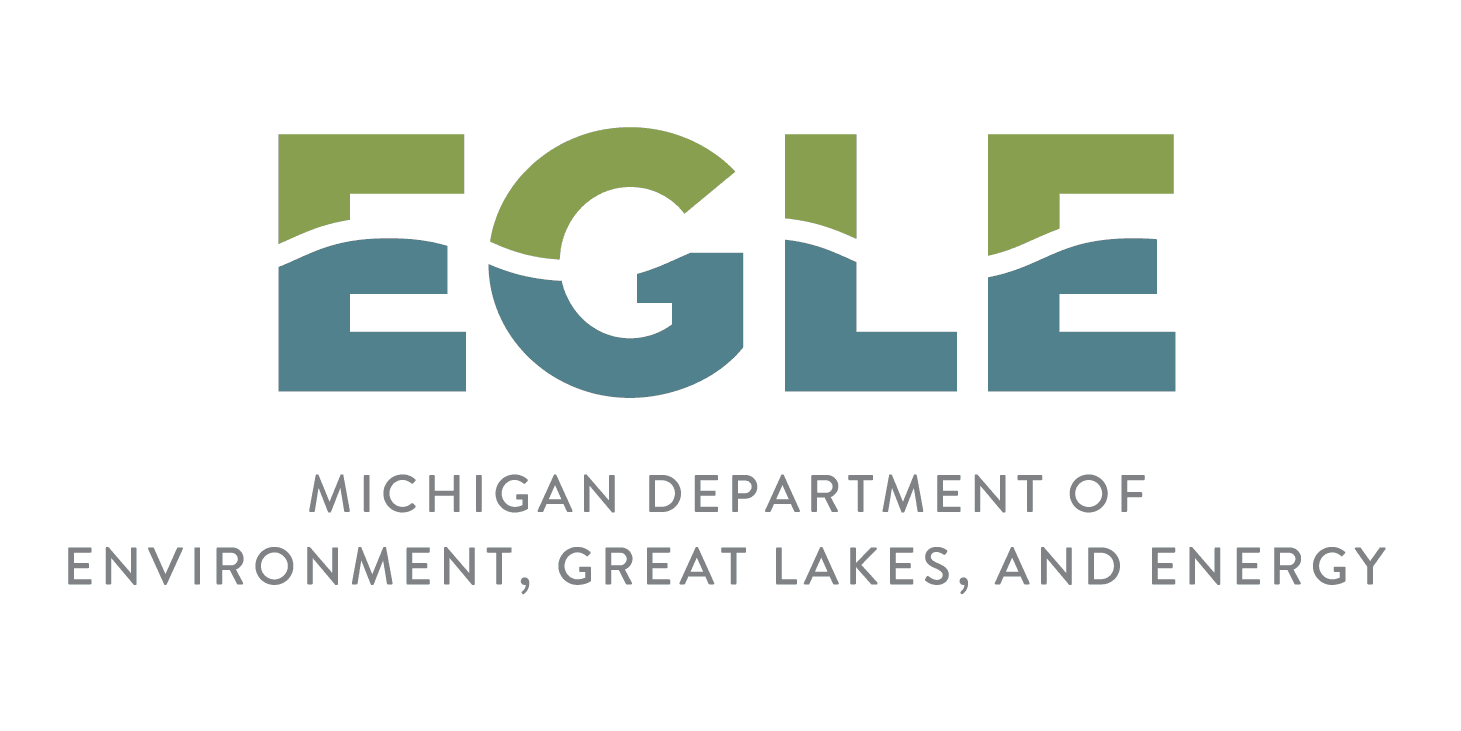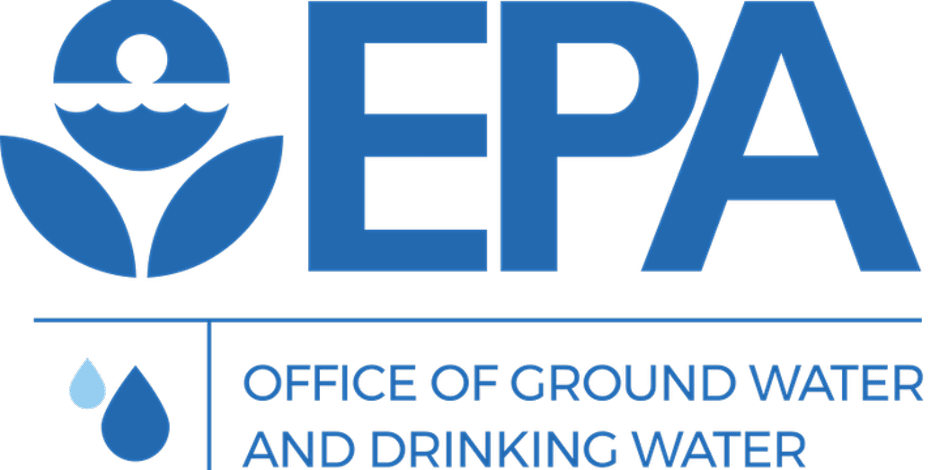2024 Water Policy Conference
Association of Metropolitan Water Agencies 1620 I Street, NW, Suite 500, Washington, DCThe water sector’s premier policy event, AMWA’s 2024 Water Policy Conference, will provide utility leaders with a legislative and regulatory outlook amid an election year, March 19-21, in the nation’s capital.

